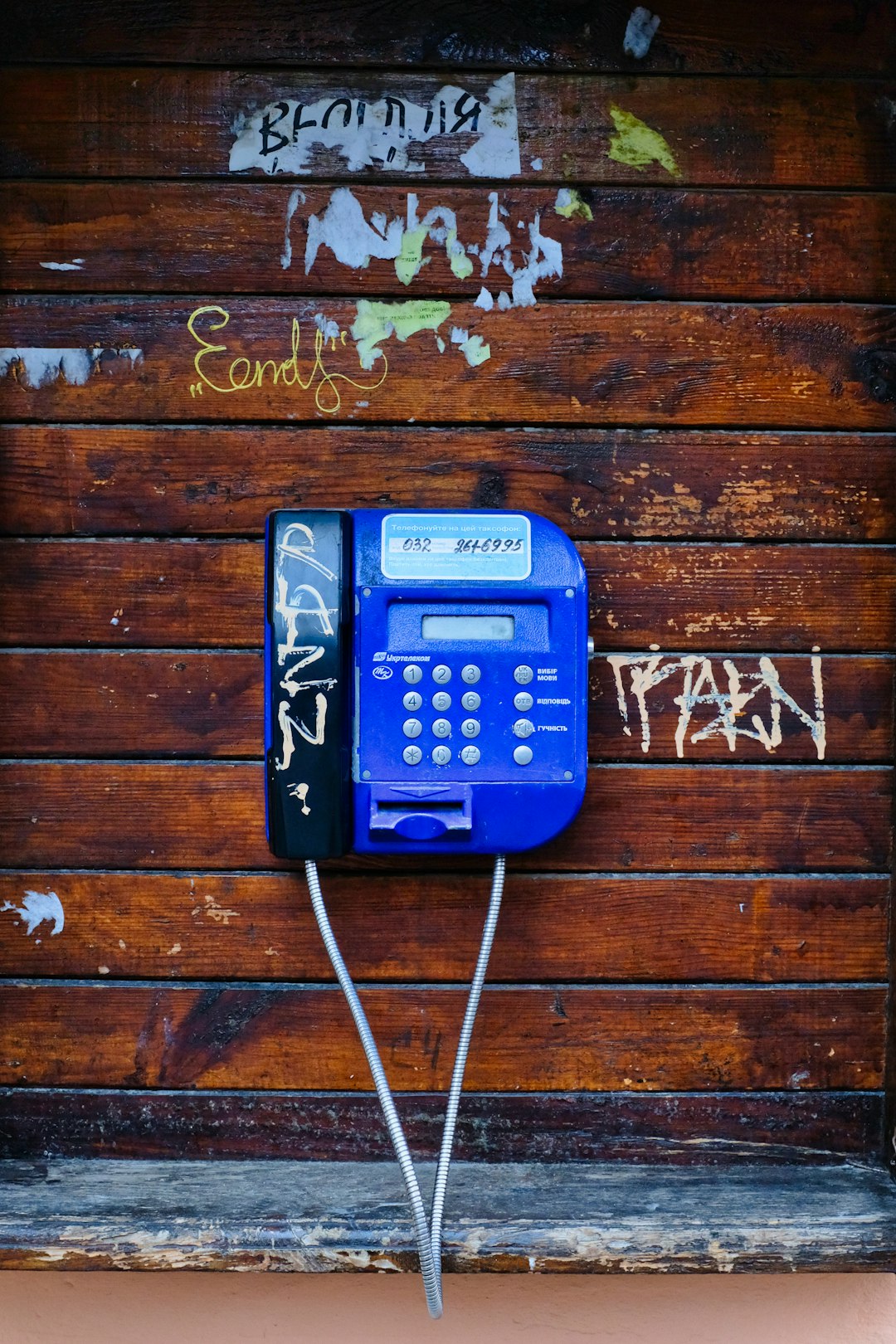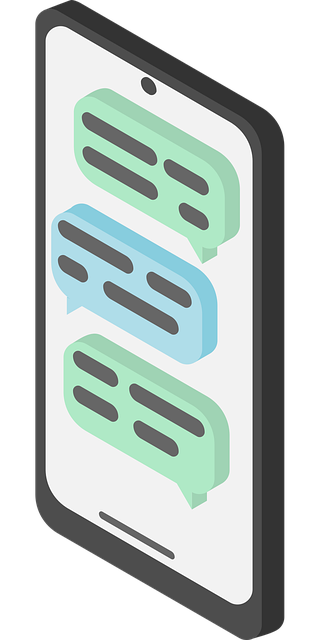During the COVID-19 pandemic, South Carolina residents in Clemson face an increased risk of scam calls from fraudsters impersonating health organizations and government agencies. To protect themselves, individuals should verify unexpected communications, avoid sharing personal information over the phone, and use blocking tools to report spam calls to federal and local authorities. By combining these strategies, residents can significantly reduce their risk of falling victim to COVID-19-related spam calls in South Carolina, emphasizing the importance of staying vigilant and proactive.
In the midst of the pandemic, Clemson residents have become targets for COVID-19 scam calls. Understanding these scams is the first step towards protecting yourself and your community. This article guides you through recognizing common techniques used by scammers targeting South Carolina residents, offers practical strategies to avoid and report spam calls, and provides valuable resources to stay safe from COVID-19-related fraud in South Carolina. Learn how to stop spam calls once and for all.
Understanding COVID-19 Scam Calls in Clemson, South Carolina

In the ongoing battle against the global pandemic, scammers have found new ways to exploit public fears, including an alarming rise in COVID-19 scam calls targeting residents in Clemson, South Carolina. These fraudulent attempts often pose as official health organizations or government agencies, aiming to steal personal information or extort money from unsuspecting citizens worried about their health and safety. By understanding the common tactics employed by these scammers, residents can better protect themselves and become more vigilant against such threats.
Clemson, like many cities across the country, has witnessed a surge in spam calls related to COVID-19, often claiming to offer critical information or testing services. Scammers may even go as far as threatening consequences if individuals don’t comply with their demands. To stop these scam calls from overwhelming your phone lines, it’s crucial for residents to educate themselves on the latest scams and take proactive measures. Learning how to identify suspicious calls, blocking unknown numbers, and reporting fraudulent attempts can significantly reduce the risk of falling victim to COVID-19-related scams in South Carolina.
Common Techniques Used by Scammers Targeting SC Residents

Scammers often employ various tactics to target residents in South Carolina, and during the COVID-19 pandemic, they have been using even more creative methods to take advantage of people’s concerns. One common technique is impersonating government agencies or healthcare providers, claiming there’s an urgent issue with a stimulus check or vaccine distribution. They may request personal information or ask for immediate payment through a variety of methods.
Another frequent tactic is the “prize” or “grant” scam, where scammers call, text, or email, informing recipients they’ve won a significant sum of money but must first pay taxes or fees to claim their prize. They create a sense of urgency and pressure, making it seem like an exclusive opportunity. To avoid these scams, it’s crucial to verify the legitimacy of any communication by contacting official channels directly and never providing personal or financial details over the phone unless you initiate the call and are certain of the organization’s authenticity.
Protecting Yourself: Strategies to Avoid and Report Spam Calls

Staying safe from COVID-19 scam calls involves a mix of awareness and proactive measures. In South Carolina, like elsewhere, scammers are leveraging the pandemic to target unsuspecting individuals. To protect yourself, it’s crucial to verify the legitimacy of any call related to COVID-19 or government programs. Never share personal or financial information over the phone unless you initiated the contact and are certain of the caller’s identity. Check the number—if it’s unknown or suspicious-looking, don’t answer. Reputable organizations will not ask for immediate payment or demand sensitive information through unexpected calls.
Reporting spam calls is another effective way to protect yourself and help others. Most smartphones have built-in tools to block numbers, but reporting them to federal agencies like the Federal Trade Commission (FTC) can aid in tracking and shutting down these fraudulent operations. Remember, legitimate organizations will not pressure you into making immediate decisions or threatening consequences. If you suspect a call is a scam, document the details—including the caller’s voice, tone, and any promises made—and report it to local law enforcement and relevant consumer protection agencies.
Resources and Tools to Stay Safe from COVID-19 Scams

Staying safe from COVID-19 scams in Clemson, South Carolina, involves being proactive and utilizing available resources. The Federal Trade Commission (FTC) offers a range of tools to help consumers identify and report spam calls related to the pandemic. Their Do Not Call Registry is a powerful resource that allows you to register your phone number and reduce unsolicited calls. Additionally, many state and local law enforcement agencies provide guidance and alerts about emerging scams via their official websites and social media channels.
Regularly updating security software and being cautious when clicking links or providing personal information are essential precautions. Keep an eye on trusted sources for official health and safety updates to avoid falling victim to fraudulent schemes. By staying informed and employing these resources, residents of Clemson can better protect themselves from COVID-19-related spam calls.






